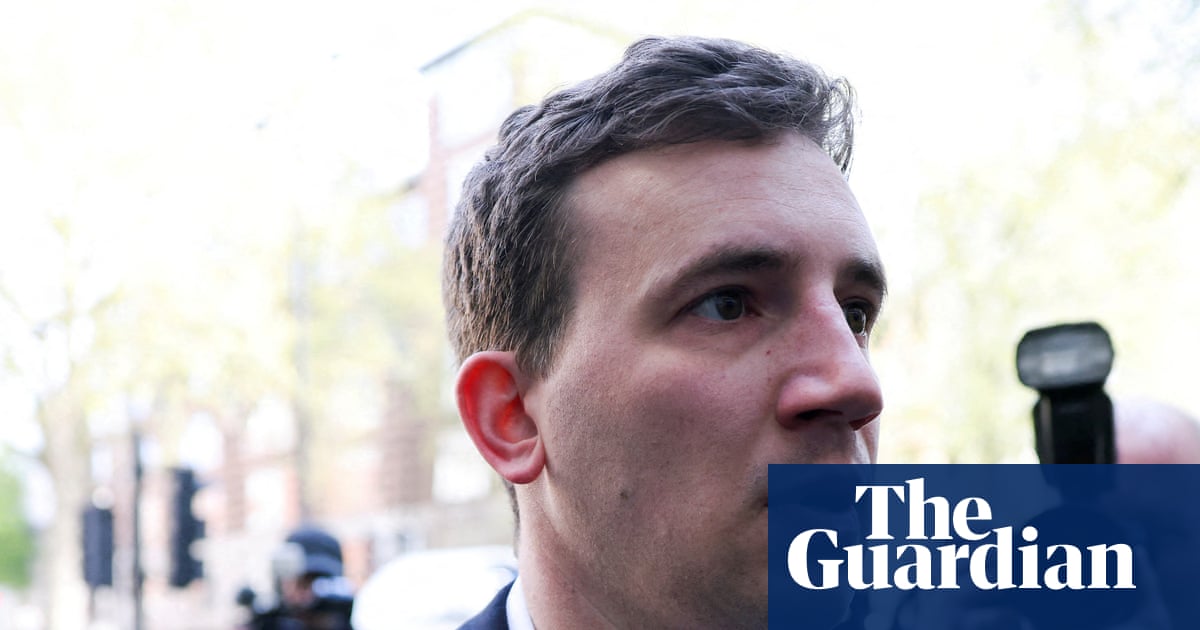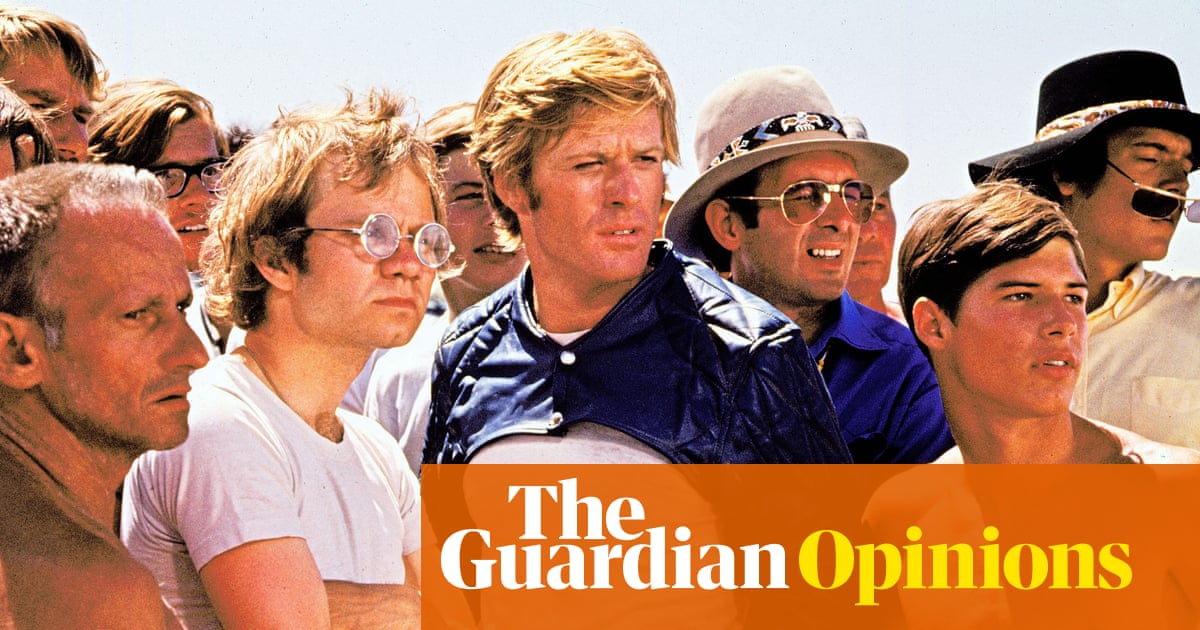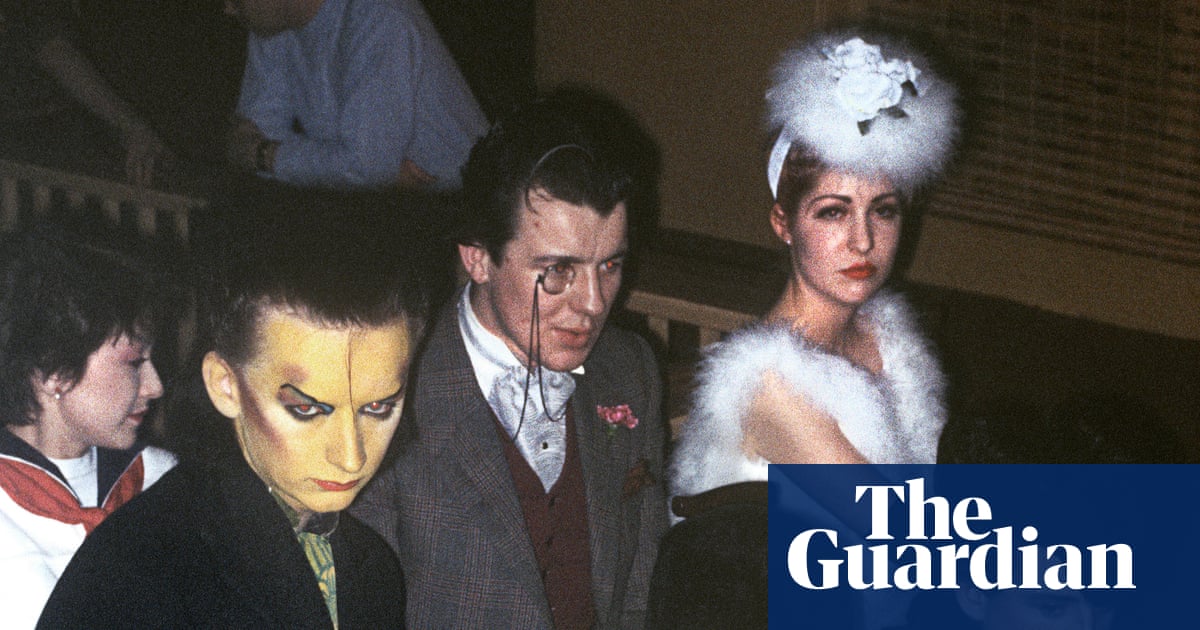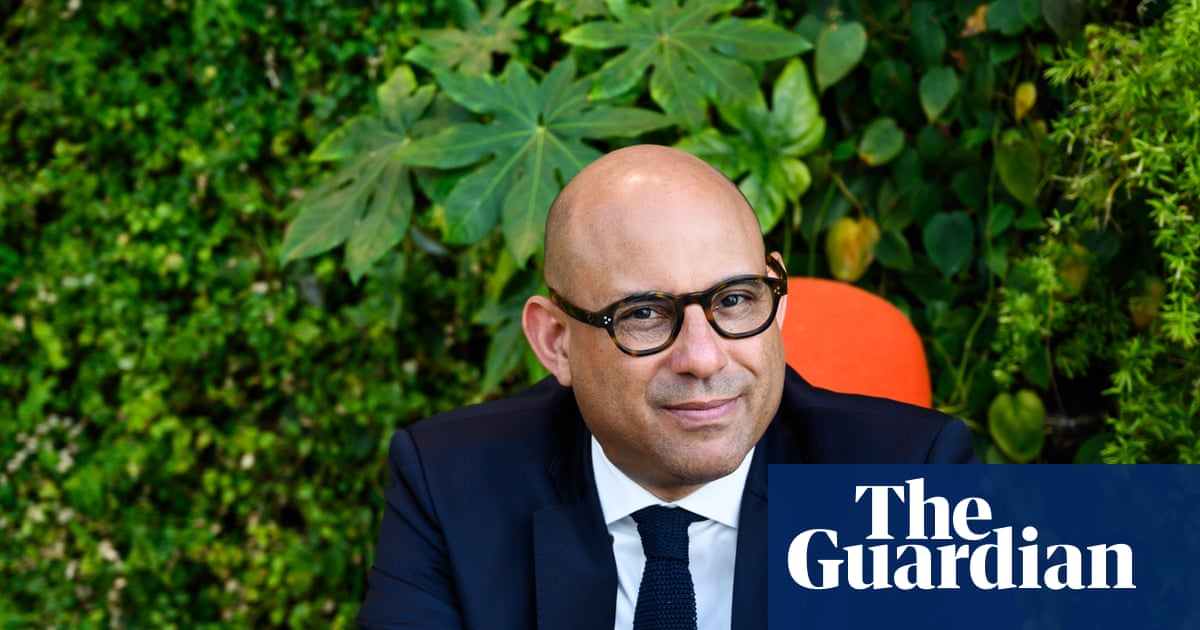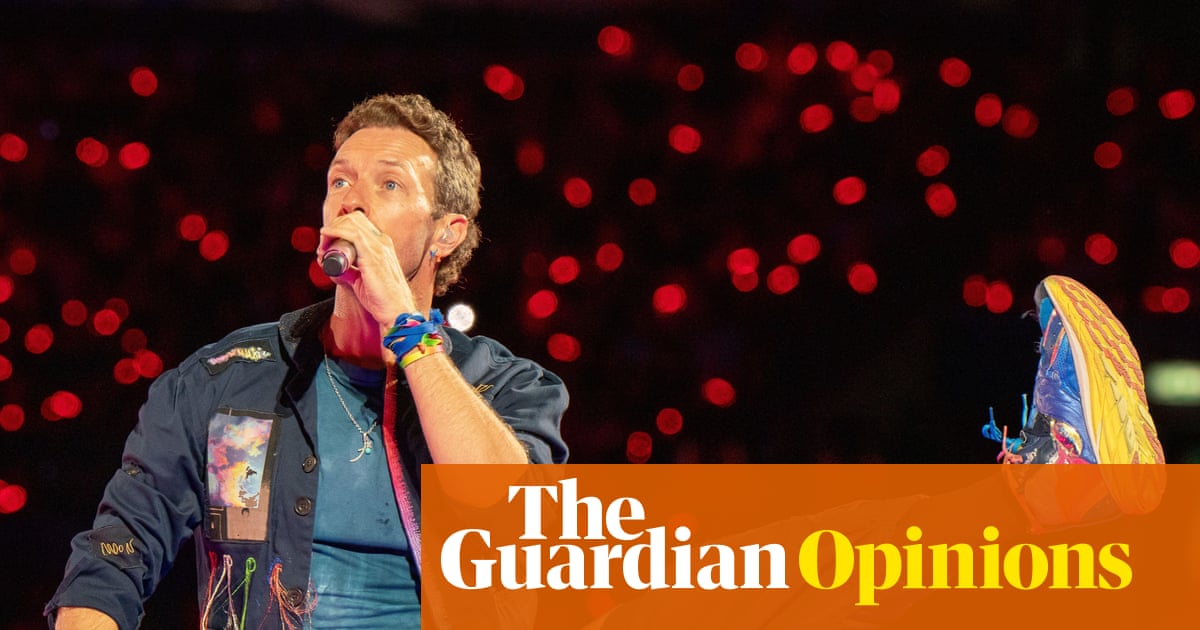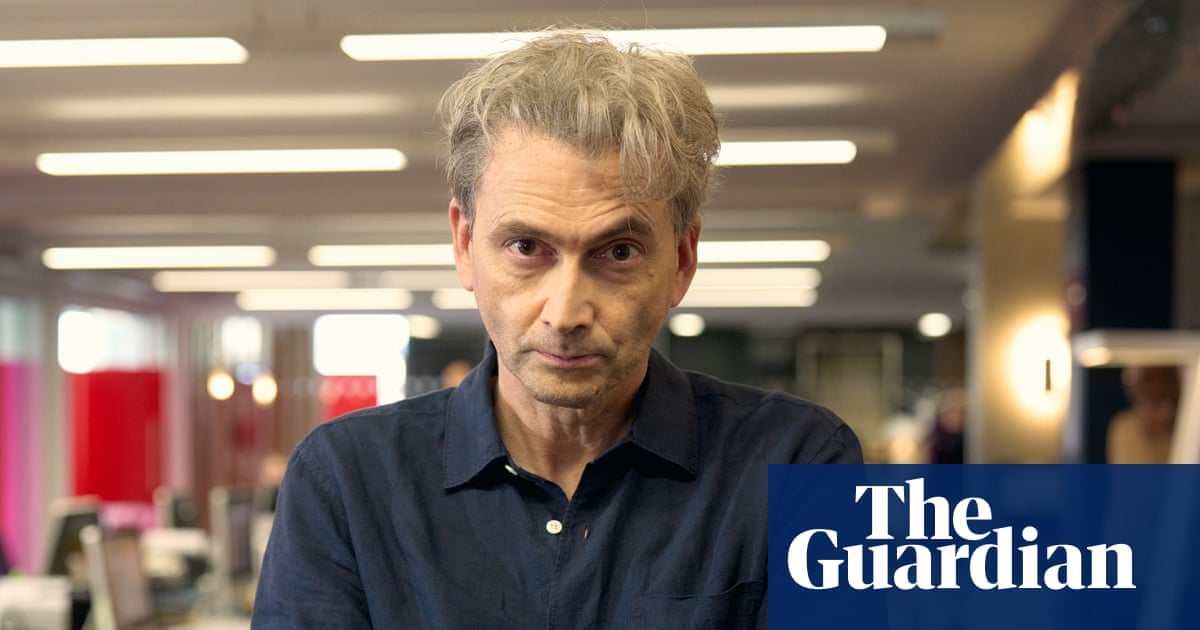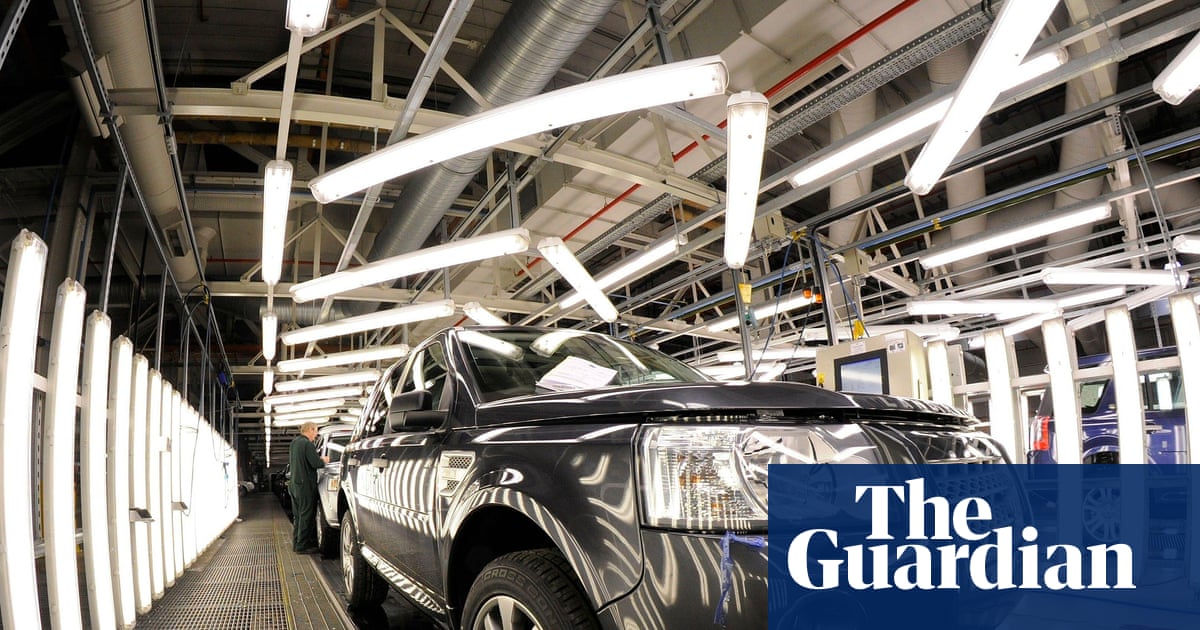No 10 has been accused of “control freakery” after issuing guidance that bans civil servants from any level of speaking at events where journalists are present or from answering questions.
The guidance, sent out from No 10 several weeks ago, was issued to ensure that ministers, rather than senior civil servants, were the spokespeople for the government and at the forefront of communications with the public.
Senior officials may be allowed to speak at public events on a case by case basis if they have gone through rigorous clearance requirements and inform No 10 so that it can be scheduled or “gridded”.
However, there is a presumption against them speaking where media are present or where they might have to take part in a question and answer session. Civil servants were told any such event “should not go ahead”.
It had previously been reported by the Times that military chiefs had been restricted from making speeches where media were present, but the guidance has been sent out more widely and applies to all civil servants.
A senior government source defended the changes, saying: “I don’t think it should be controversial that government policy is announced and explained by ministers.”
But several senior civil servants said the guidance had already had a chilling effect on engagement with the world outside Whitehall, and one blamed “control freakery from the centre”.
It is understood some Treasury officials decided to pull out of an Institute for Government (IfG) event this week because of the advice, leading to it being cancelled.
The IfG criticised the guidance, with programme director Alex Thomas and director-general Hannah White, saying: “This is an overreach and will damage the quality of government and public discourse.”
They said the clearance requirements were “defensible but heavy-handed” and added: “The No 10 communications team has banned any official from speaking at events that include question and answer sessions, or where the media are expected to be in attendance, seemingly so that ministers are the only, rather than the primary, people able to represent the government in public.
“The strict nature of the guidance implies a very narrow view of what it is that officials do when they engage in public, and a failure to appreciate what the consequences might be of such restrictions.”
They highlighted that Cabinet Office minister Georgia Gould had called for “a civil service that is connected to the British people”, saying that “closing discussion down like this sends the opposite signal”.
after newsletter promotion
There was a furore in 2015 when Tory cabinet minister Francis Maude changed the rules to say that government employees were only allowed to speak to the media with prior permission from a minister.
Government sources said the guidance around speaking in front of the media had long been in place and insisted it did not amount to a ban. They also pointed to recent instances where military chiefs and Chris Whitty, the chief medical officer, had recently spoken in public.
A Cabinet Office spokesperson said: “The principle of civil servants rules around media engagement are well longstanding and established, having been clearly outlined in the civil servant management code 2016 and the civil service code.
“It has always been the case, and a constitutional principle, that ministers are ultimately accountable for decision making to parliament and the public – so it is right they are routinely scrutinised by the media and MPs.”
This month, No 10 was criticised for setting terms that prevented the media from reporting on speeches made by military chiefs at a Royal United Services Institute (Rusi) conference. Air Chief Marshal Sir Richard Knighton, the chief of the air staff, and Gen Sir Jim Hockenhull, the head of strategic command, were among those whose speeches were not allowed to be made public because they were made “off the record” and on “not for reporting” terms – in contrast to speeches given at the event by leaders from foreign militaries.

 2 months ago
59
2 months ago
59

